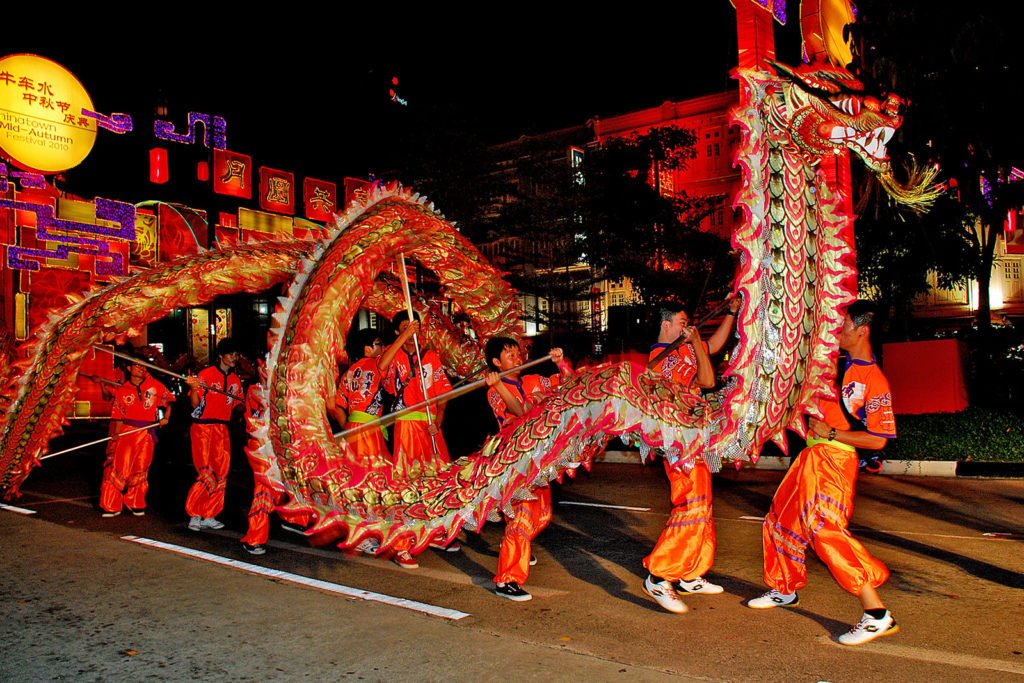How to celebrate AAPI culture and heritage this month and beyond
Over the month of May, the United States celebrates contributions to the country from Asian Americans and Pacific Islanders. Known as AAPI month, the 30-day holiday is celebrated annually to recognize the contributions of individuals of American Asian or Pacific Islander descent. The umbrella term AAPI recognizes about 7% of the US population, or 22.9 million Americans according to Pew Research Center.

History of the Month
The United States first began trying to dedicate the first week of May to Asian/Pacific Islander Americans in 1977. New York representative Frank Horton introduced a bill titled House Joint Resolution 540 which would dedicate the first 10 days of May to celebrating and acknowledging the accomplishments of the American people from Asia. Several other state representatives followed and in 1979 House Joint Resolution 1007, a proposal of the same nature as HJR 540, was finally passed by the Senate and became law. The week was extended to a month in 1992 under President George H.W. Bush with the passing of Public Law 102-540 and was later renamed to AAPI Heritage Month in 2009.
Why celebrate?
Asian and Pacific Islander Americans have contributed significantly to this country’s culture and society. This includes major feats in art, medicine, science, literature, culinary arts, business, sports, politics, film and more. During the 1850s, a large wave of Asian immigrants came to California to work for mines during the Gold Rush. In the 1860s, most of the western transcontinental railroad would not have been possible without Chinese Americans, despite being paid 30-50% lower wages than their white counterparts.

Celebrating AAPI people in the United States also comes with understanding their historical struggle in this country. In 1882 came the Chinese Exclusion Act which banned Chinese immigrants from entering the country for 20 years. In turn, Japanese and Korean immigrants began coming to the United States commonly for work in fishing and construction. As a response to Pearl Harbor in 1942, President Roosevelt signed an executive order that all Japanese people, including US citizens, would be held against their will in isolated camps. This lasted from 1942 to 1945.
In 1965, the Immigration and Nationality Act was passed, which allowed more people of Asian and Pacific Islander descent to immigrate with their families. In the 1970s, an influx of people from south Asian countries like Vietnam, Loas and Cambodia fled to the United States to avoid conflict in their home countries.
Today, Asian and Pacific Islanders are the fastest growing racial group in the United States. AAPI Americans are still making great waves; in politics, we can look up to the first Thai American woman elected to Congress, Tammy Duckworth. Our current Vice President, Kamala Harris, is the first in many categories to serve as VP, including the first of Indian descent. In entertainment, we may think of icons like Dwayne “The Rock” Johnson, Bruce Lee or George Takei. Furia Rubel has an excellent list of noteworthy Asian and Pacific Islander Americans to read about this month.
How can I celebrate?
There are lots of ways to appreciate and acknowledge AAPI heritage and contributions this month. The first and best way is to learn about Asian and Pacific Islander history and culture through books, poetry, film and even food. Penguin Random House has a compiled list of recommended literature for AAPI month.
Here’s a list of upcoming AAPI-related events in Atlanta:
- May 15: AMH Eid Fest – 50+ Muslim Small Businesses – Free Kids Activities – Delicious Halal Eats
- May 19: MINT + Projekt202 AAPI Exhibition
- May 21: Atlanta Chinese Dance Company – Celebrate Asian Pacific American Heritage
- May 28: Little Five Points Arts and Vegan Festival – Features AAPI food vendors

Local Asian and Pacific Islander restaurants to discover:
- Nan Thai Fine Dining
- Bún Mì Vietnamese Grill
- Big Boss Chinese
- Harmony Vegetarian
- Waikikie Hawaiian BBQ
- Asian Vegan Kitchen
- Meet Fresh
- Daisuki Sushi Izakaya
Chandler Groce


























